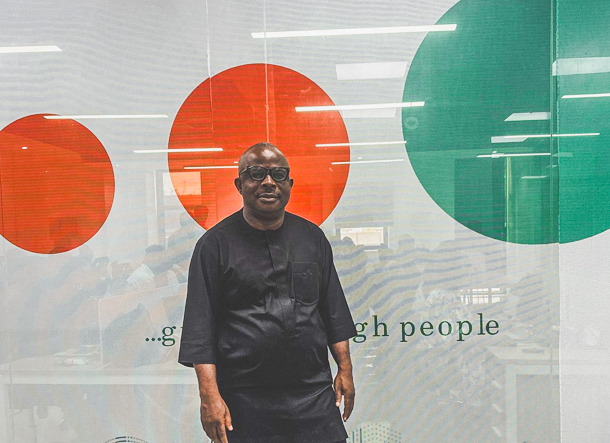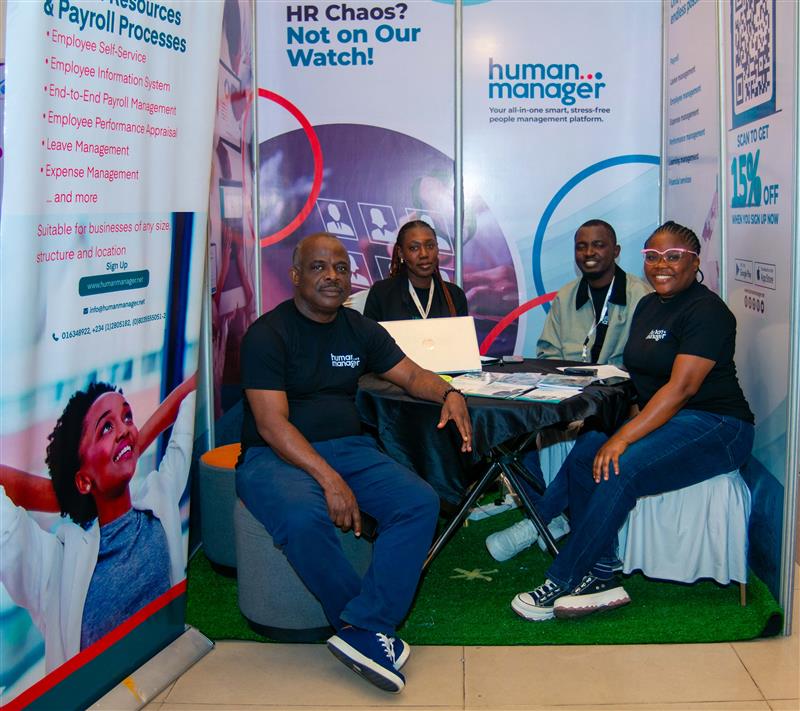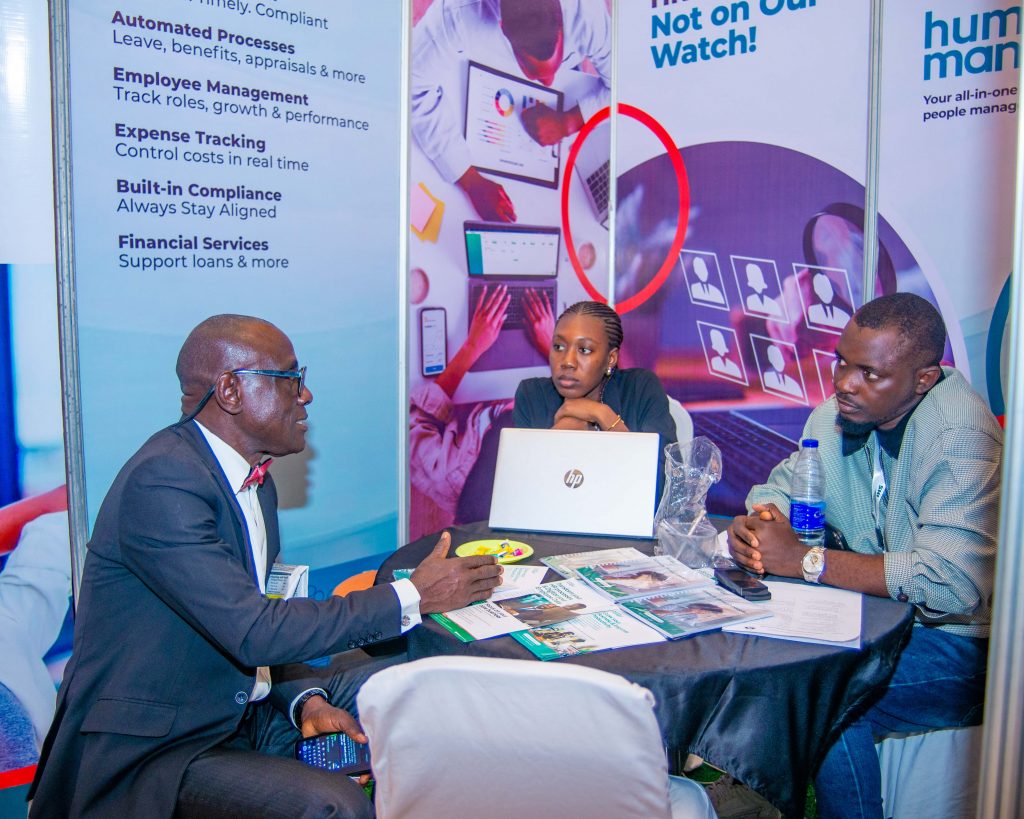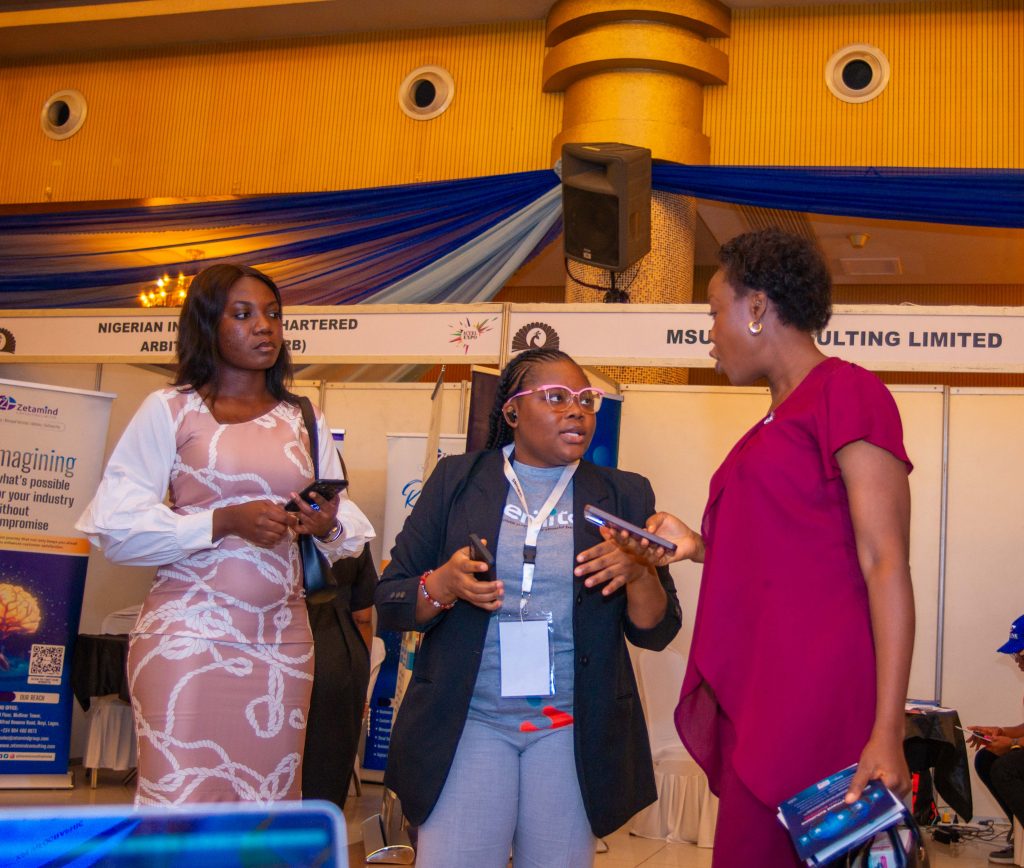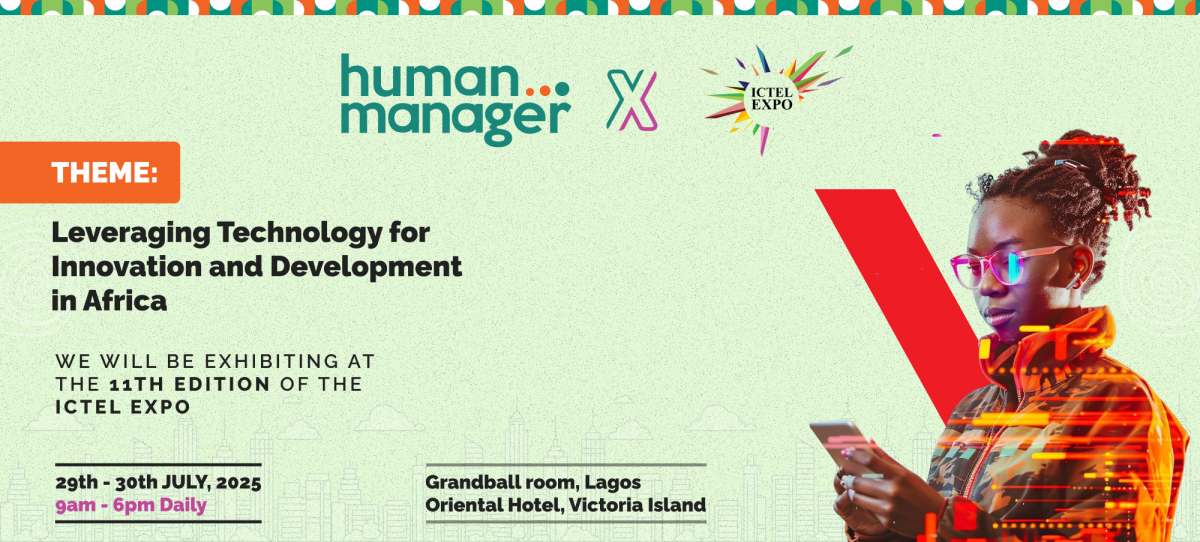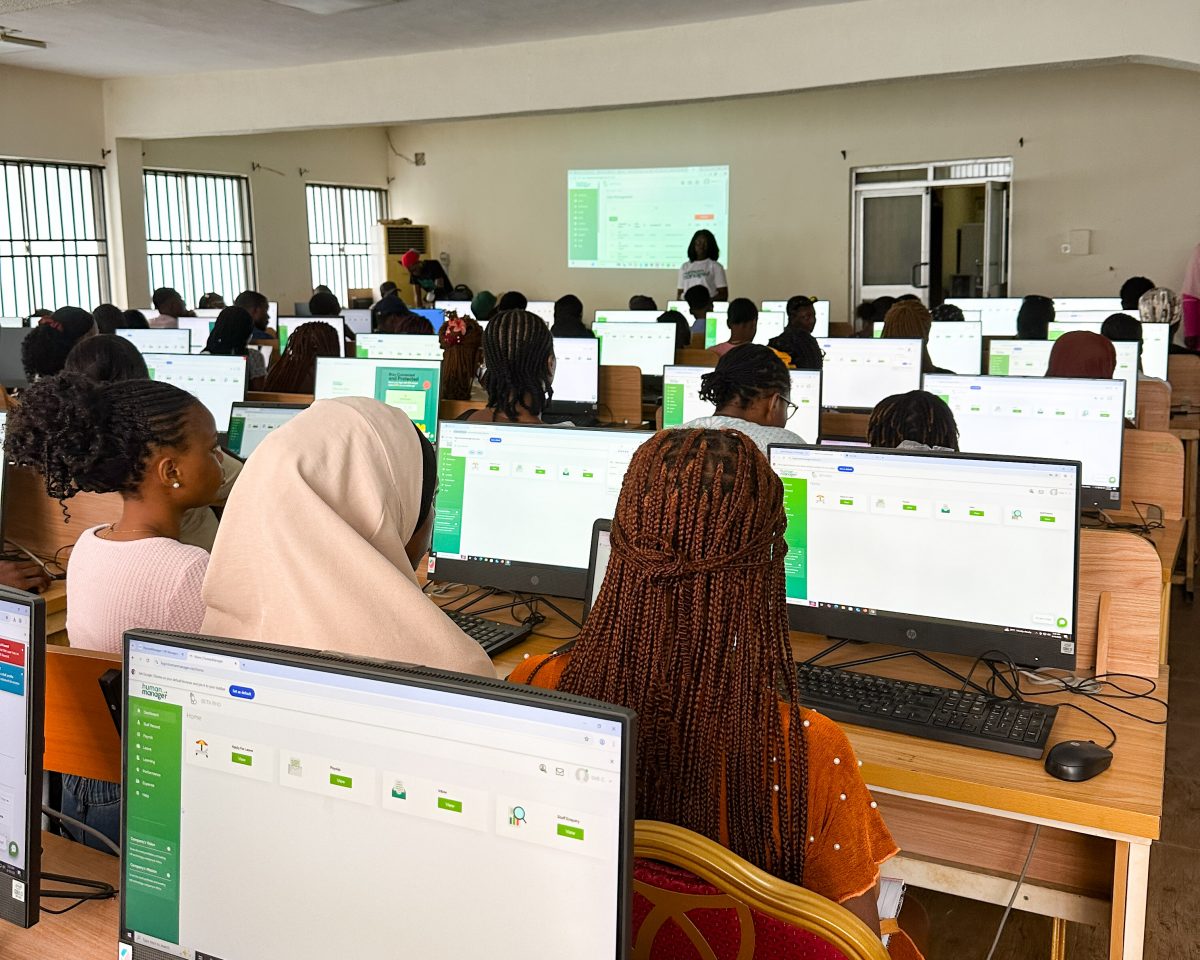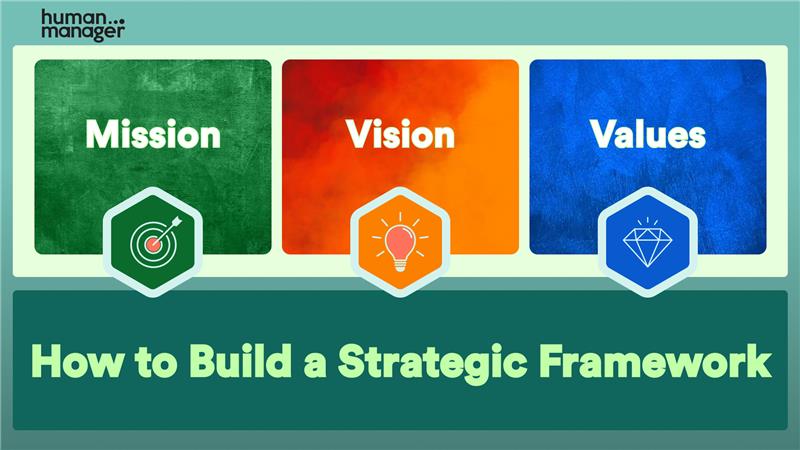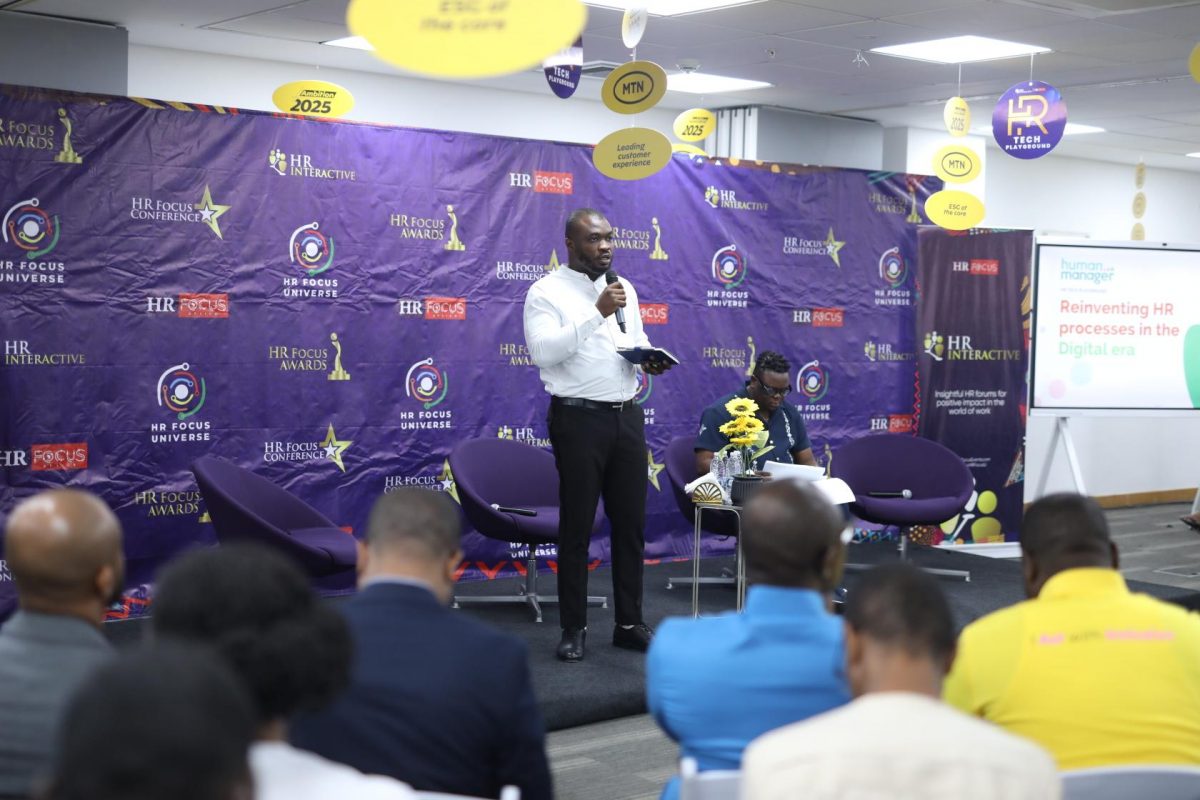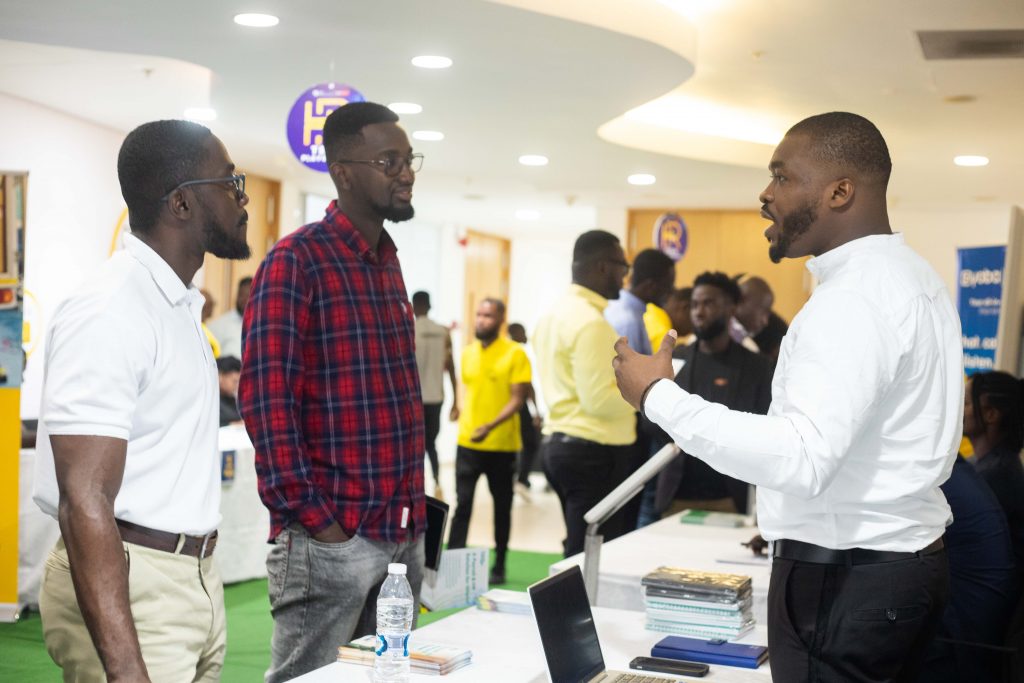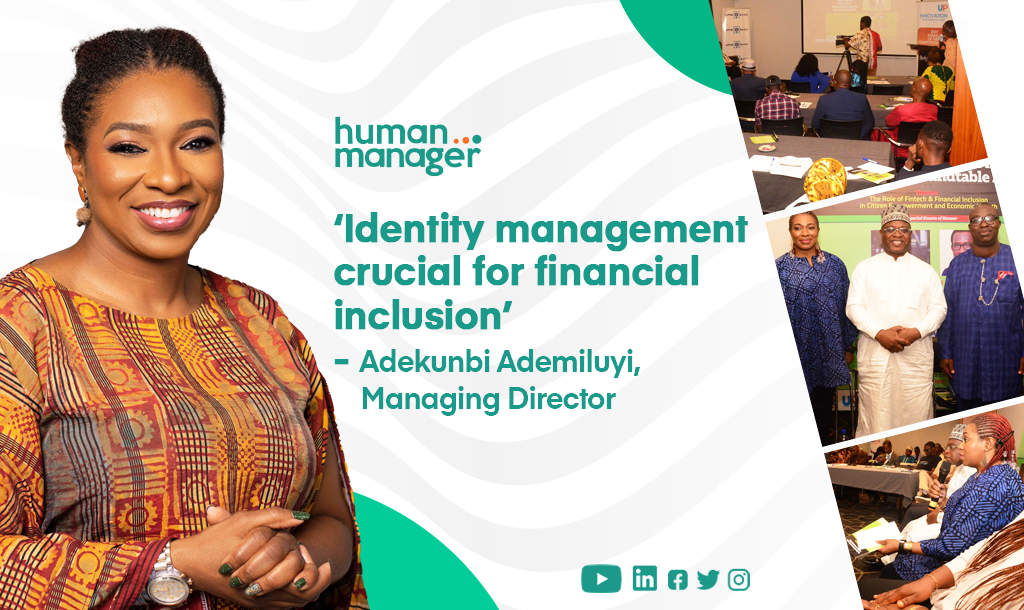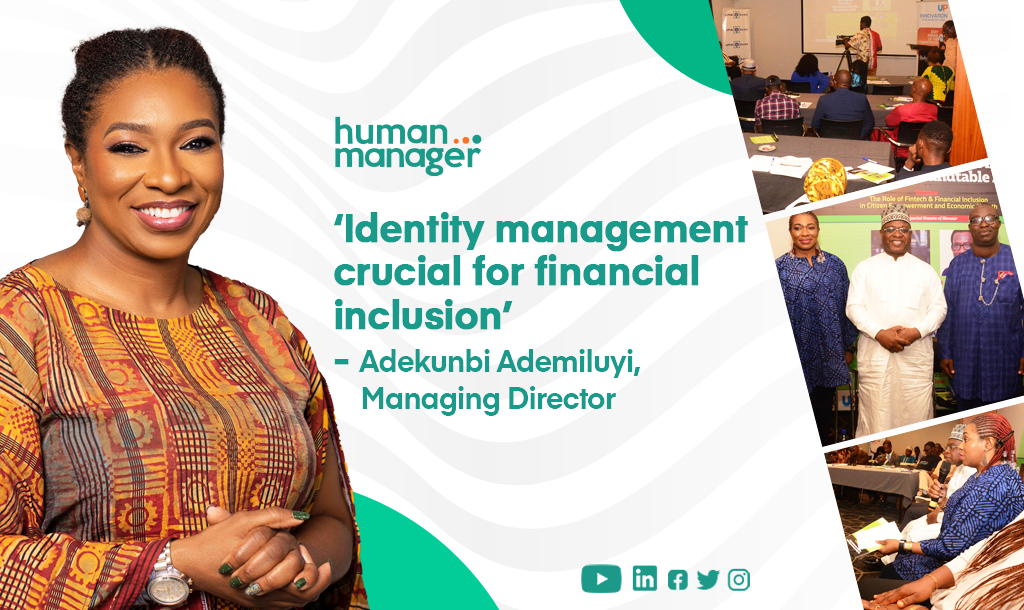Our Managing Director, Udo Ngele, is one of the tech leaders putting Nigeria on the global map. Sitting at the helm of HumanManager Limited, a flagship of Africa’s foremost software powerhouse, SystemSpecs Group, Ngele has quietly shaped some of the nation’s biggest digital milestones beyond electronic human resource management.
A pioneer in HR automation, his career reflects a rare blend of innovation and versatility, with his fingerprints spread across landmark initiatives like the Treasury Single Account, Integrated Payroll and Personnel Information System, and the celebrated “ghost worker-catching” solution that saved the country a fortune while driving accountability in governance.
This interview chronicles his inspiring trajectory as a Lagos Business School alumnus, who rose from a junior developer at SystemSpecs to now calling the shots at the top. His Midas touch is in transforming digital HR from a basic payroll tool into a fully cloud-enabled and enterprise-grade solution built for the realities of modern work, as well as his candid views on how technology is redefining HR’s role and the future of work…
How did your interest in technology begin, and what was the learning environment like in your early years?
My technology journey began with a love for mathematics. As a child, I imagined a future in that field, but as computer science started gaining prominence, I saw a natural bridge between the two. A good mathematician, after all, often makes a good programmer. That realisation sparked my interest in computing and software development.
Technology then was not what it is today. The programming languages we used to write programs were FORTRAN and Pascal. Fortunately, my school, Federal University of Technology, Minna, had one of the best IT laboratories of its time. The resources were few relative to the number of students, but the exposure was a good enough foundation.
With all the improvements we have today, the basics remain the same. Programming is still all about logic: being able to write good algorithms, structure applications in tiers, and ensure the end product actually meets requirements.
How have the lessons from your early training continued to influence how you learn, lead, and innovate in today’s tech-driven world?
Growth is about moving from what was relevant yesterday to what matters today. Over time, I’ve pursued continuous training, many of which were supported by our parent company, SystemSpecs, to stay ahead of evolving trends. The same applies to organisations.
I remember when we first transitioned from client–server applications to web-based platforms. Initially, I questioned the move, asking, “Why put such critical systems on the web?” But as the world changed, it became clear that what once seemed unnecessary quickly became indispensable.
This is a reminder that both individuals and organisations must keep learning and adapting, because what appears less valuable today may turn out to be vital tomorrow.
READ MORE: Digital detox: How to build healthy tech habits for productivity
Is that to say that HumanManager emerged as a response to evolving workplace dynamics?
Back then, there was no internet, and most organisations operated on closed networks. Many questioned why HR applications should even be online. But we recognised the gap and became one of Africa’s earliest HR automation pioneers.
As the workplace evolved with globalisation, migration, and new work realities, we kept adapting. HumanManager 3.0 handled payroll, tax computation, and basic HR. In versions 4.0 through 4.3, we introduced biometrics and powered the Federal Government’s IPPIS nationwide payroll system.
In 2007, version 5.0 marked our first bold step into the cloud, setting the stage for today’s HumanManager 7.0, a fully cloud-enabled, enterprise-grade platform. This latest version reflects lifestyle changes and modern work, with tools for learning, performance tracking, résumé management, and remote work management.
Your application automates HR processes from employee entry to exit. What roles remain for HR personnel within organisations?
Automation doesn’t eliminate HR roles; it simply redefines them. Just as with AI, machines can take on repetitive and even cognitive tasks more efficiently, but they cannot replace human judgment, strategy, empathy, or culture-building.
Yes, some roles may shrink, but the human element remains central in areas like strategy, leadership, and people management. Businesses today cannot afford to resist digitisation; the environment is too fast-moving and resources too scarce. The challenge is to prepare our workforce to adapt so that disruption becomes opportunity, especially in a growing and dynamic economy like ours.
Technology is redefining HR roles. What new responsibilities has this shift placed on HR professionals?
Evolving technology is shifting HR’s focus from monitoring staff’s presence to measuring performance. In the past, being physically in the office was the metric; today, it’s about KPIs and deliverables. Remote work has added another layer, with digital tools now used to track productivity.
However, this is also raising questions about how to define “productive.” HR leaders must adapt by blending technology with human judgment, building smarter processes, and guiding organisations through new workplace dynamics.
READ MORE: 3 Decades After: 5 Lessons From Running Payroll in Emerging Markets
Innovation, they say, is continuous, driven by necessity. What often inspires the company’s next move?
Three drivers are shaping our approach. The first is technology itself. It’s no longer just about functionality; people now demand systems that are intuitive and visually engaging. The second is the shift in workplace dynamics, with branch networks, centralised IT, and remote approvals becoming the norm.
Basically, we are driven by our day-to-day challenges. For instance, enabling managers to approve leave or documents remotely came from a real situation within our company. If we were facing those challenges, we knew others were too. The third is client and societal expectations. Concerns about online security have given way to trust in robust controls, while cost pressures and the need for agility have pushed organisations to the cloud. COVID-19 further accelerated remote and hybrid work models.
For us, this means building platforms that are scalable, secure, and simple to use, with features that extend beyond payroll into the wider HR ecosystem. That includes recruitment, onboarding, performance management, expense claims, and even alumni networks to keep former employees connected. We also love to stay ahead by tracking global trends, which is why we are regular attendees of top industry events like the GITEX conference to leverage the latest tech and insights.
Which sectors of the economy have mostly benefited from your solutions?
Over the years, we’ve served clients across sectors, including manufacturing, banking, oil and gas, non-profits, and government. Today, however, our focus is on SMEs.
We’ve made our solutions affordable and easy to onboard, so even a five-person business can access payroll and HR tools without heavy infrastructure costs. While we still serve large organisations, SMEs are the biggest beneficiaries, and we believe they represent the future.
AI is the in-thing. How is this being integrated into human resource management?
For us, we’ve already embedded AI across several of our offerings. Our customer support chatbots now resolve customer queries instantly, while our recruitment assistant can generate job descriptions from simple prompts.
So, instead of manually drafting job descriptions, users can provide basic inputs, and the system generates a complete requirement. We’re also exploring AI-driven workforce monitoring and analytics to give HR leaders deeper insights into employee performance, behaviour, and future trends. Overall, the goal is smarter, predictive, fully digital HR processes that are accessible anytime, anywhere.
The future of work is remote, with technology, especially AI, taking over tasks. My advice to young people is to move beyond routine work and build skills that leverage creativity, strategy, and innovation.
Also, the AI ecosystem is evolving at an incredible pace, shifting from knowledge-based use cases to more agentic and autonomous applications. Organisations are increasingly adopting these technologies to streamline operations, optimise costs, and enhance productivity, fundamentally redefining how people and systems work together.
AI has come to stay; it is not a passing trend but the future of work itself. As it continues to mature, we are not just observing this shift; we are actively shaping it. By embedding AI and digital innovation into our solutions.
What do you consider the most pressing HR challenge in Nigeria, and what opportunities does it present?
I would say the biggest challenge is the quality of human resources. We have the numbers but not always the skills, from basic communication to technical competence and critical thinking. Employers often interview dozens of candidates to find one or two suitable ones.
The “Japa” wave has also worsened the problem, draining experienced talent not just in healthcare but in technology too. Thankfully, regulatory bodies are helping to bridge this skills gap by enforcing standards like ISO, BCMS, and NDPR certifications to help enforce better processes in industries.
Otherwise, the outcome would have been disastrous. The opportunity here highlights the need for stronger succession planning. HR must deliberately build systems that prioritise continuous learning and knowledge transfer, so organisations are not left vulnerable when people leave.
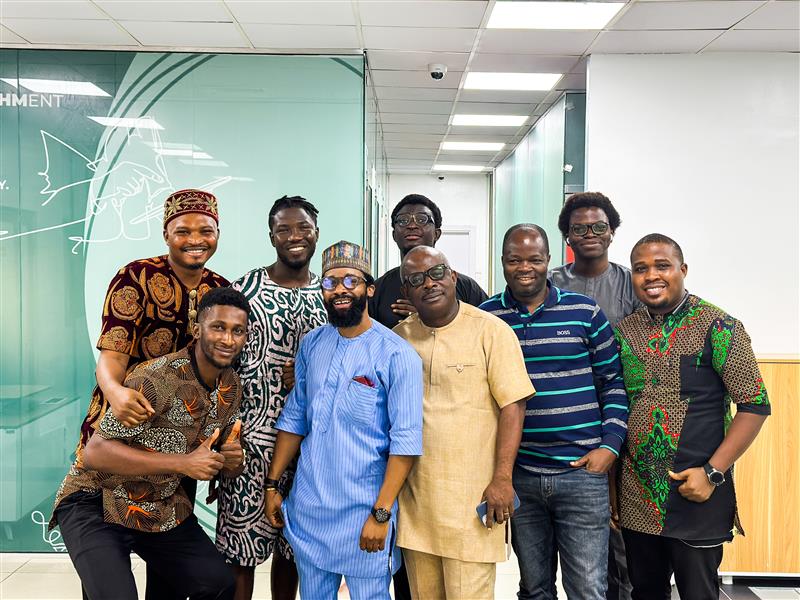
As a leader in the technology space, how is ‘Japa’ affecting you personally, and how do you navigate around it?
Staff retention has become increasingly challenging, as many skilled professionals now take up remote roles abroad. It’s a reality that requires leaders to rethink engagement and flexibility.
Organisations often invest heavily in developing talent, only to lose key people just as they become valuable contributors. The cycle can indeed be frustrating, as it often creates uncertainty in managing teams. To adapt, I’ve had to be flexible: building stronger relationships, supporting hybrid work, cross-training teams, and even keeping some relocated staff engaged on contract.
For me, the key is not to see Japa as a total loss, but to adapt by treating talent as long-term partners rather than just employees, ensuring that value and connection are sustained regardless of location.
If you could change one thing about how African businesses approach HR, what would it be?’
I would encourage them to place greater value on human capital and make smarter use of the data they already have. For too long, businesses have underestimated the value of human capital and HR data. We gather information but rarely analyse it to guide strategy.
Take the healthcare sector as an example, when leaders dismissed the loss of doctors, we failed to read the warning signs in the data, and today the system is struggling. If African businesses truly leveraged data, they could better understand their workforce, anticipate challenges, and make smarter, forward-looking decisions that strengthen both people and organisations.
You began your journey at SystemSpecs as a junior developer and have risen to become Managing Director—a remarkable trajectory, especially in an era where many advance their careers by moving between organisations. Looking back 24 years, did you ever imagine yourself occupying this seat today?
When I joined SystemSpecs in 2001, I expressed my belief that I could contribute meaningfully to its future. I had no idea how true that would become. Looking back now, I am grateful to be part of its journey and transformation. I joined as a junior developer at the time, never intending to stay longer than five years. But each new challenge kept me engaged.
At first, it was working on the Integrated Payroll and Personnel Information System, also known as the IPPIS project, Nigeria’s centralised digital platform for managing public-sector staff records and payroll. It became one of the country’s most ambitious HR modernisation efforts. From there, I moved into payments with Remita on the Treasury Single Account, and later into cybersecurity as the Chief Information Security Officer. Every phase opened doors to projects that were too compelling to walk away from.
HumanManager has evolved through different eras of technology and workplace trends. From your perspective as someone who has been part of its journey from the start, what key contributions or innovations have shaped its growth and enduring relevance?
HumanManager has remained relevant across multiple generations of technology — a testament to the team’s commitment to innovation and adaptability. A major turning point was our early embrace of self-service HR, long before it became mainstream.
The idea stemmed from our Group Chairman’s belief in simplicity and empowerment — why should HR apply for your leave when you can initiate it yourself? That shift not only streamlined processes but also redefined how organisations engaged their workforce.
Another innovation I’m proud of is what we called the ‘Ghost Catcher’ – a system that combined biometrics with behavioural algorithms to detect ghost workers and eliminate duplicate or fake records. At the time, organisations paid us directly from validated savings on wage bills, and this solution once saved about ₦40 million every month.
Celebrated Global technologist Jensen Huang once said he works seven days a week, and that when he’s not working, he is thinking about working. Does that apply to you, too?
Earlier in my career, I was deeply immersed in work — even during personal time. Over the years, I’ve learned to balance productivity with rest.
Today’s KPI-driven work culture makes it possible to blend family and work, like doing school runs while still meeting deadlines. I’m now more conscious about rest, though I still find myself drawn to solving problems. When I do switch off, I enjoy detective movies.
What strategic value should Nigerians expect to see from your continued expertise and leadership in this sector?
Going forward, our focus is on making work simpler, smarter, and more connected. For example, we’re building tools that allow organisations to monitor performance and use data to predict trends, so HR decisions are based on facts, not guesswork.
Our goal at HumanManager is to digitise HR end-to-end and position it as a strategic driver of growth. That means stronger platforms, visitor management, alumni engagement, embedded financial services like loans and insurance, and deeper integrations. The future of work is digital, and every forward-thinking organisation must digitise.
Learn more about our services at www.humanmanager.net
